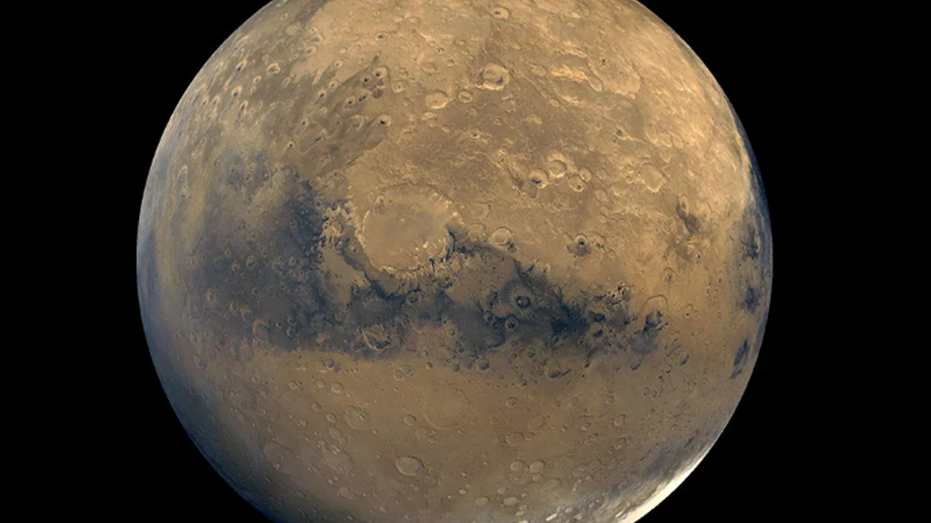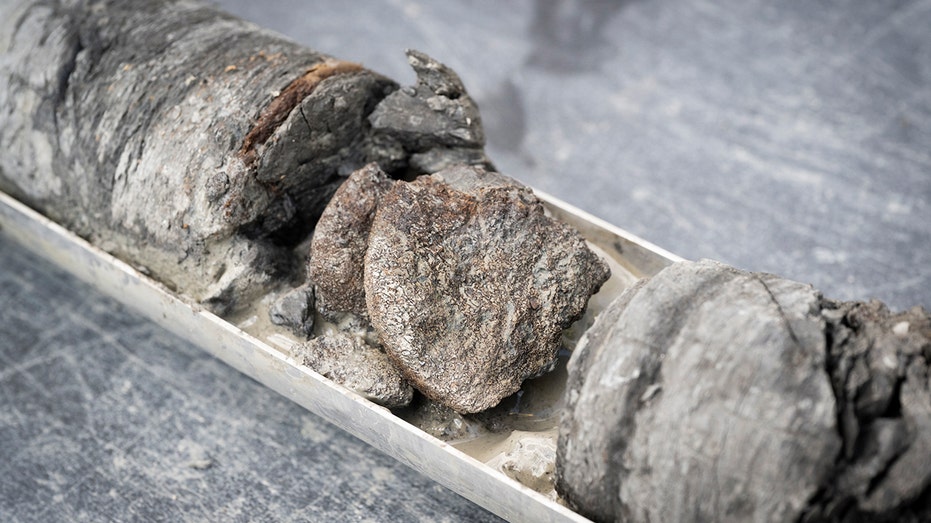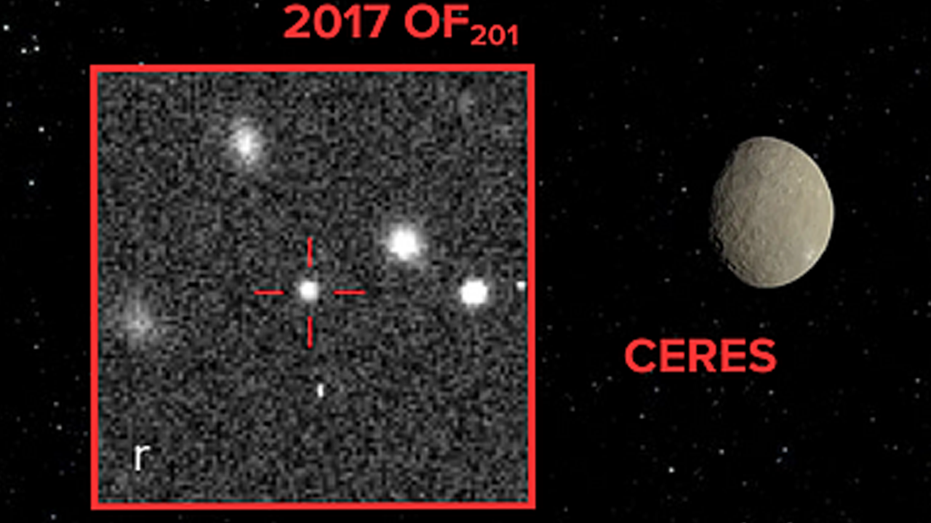Is Dark Matter Messing with Mars' Orbit? A New Study Says Maybe!

Sarah Johnson
March 1, 2025
Brief
A new study proposes that Mars' orbital wobble is caused by dark matter, possibly made of primordial black holes formed after the Big Bang, influencing planetary motion.
A new study suggests that the mysterious dark matter might be the culprit behind a slight wobble observed in Mars' orbit. I mean, who knew Mars had a wobble? Sounds like me trying to walk in heels after a few cocktails.
Published in the prestigious journal Physical Review, the study proposes that dark matter is composed of microscopic, or primordial, black holes. These aren't your run-of-the-mill astrophysical black holes; these formed in the blink of an eye after the Big Bang from collapsing pockets of gas.
Despite being as small as an atom, these primordial black holes would be heavier than thousands of suns and make up dark matter. First theorized in the 1930s, dark matter is invisible to the human eye and doesn't emit light or energy, yet it accounts for about a quarter of the universe's mass. Scientists believe it exists because of its gravitational pull on visible matter.
The study, titled "Close encounters of the primordial kind," suggests that dark matter, made up of these tiny black holes, is causing Mars' orbit to deviate slightly due to its immense mass. Think of it like a cosmic nudge.
The MIT physicists behind the study even created a simulation of Mars' orbit that supports their theory. They believe these primordial black holes would cause a wobble in Mars' orbit about once a decade as they zoom through our solar system.
Thanks to advancements in telemetry, astronomers can now detect such subtle wobbles by precisely measuring the distance between planets.
"We’re taking advantage of this highly instrumented region of space to try and look for a small effect," said co-author and physics professor David Kaiser. "If we see it, that would count as a real reason to keep pursuing this delightful idea that all of dark matter consists of black holes that were spawned in less than a second after the Big Bang and have been streaming around the universe for 14 billion years."
So, next time you look up at Mars, remember it might be doing a little dance thanks to some mischievous dark matter. Who knows what other cosmic secrets are out there waiting to be discovered?
Topics
Editor's Comments
This research is fascinating! The idea that primordial black holes could be subtly influencing planetary orbits opens up a whole new avenue for understanding dark matter. It's a great example of how advancements in technology allow us to probe the universe's deepest mysteries.
Like this article? Share it with your friends!
If you find this article interesting, feel free to share it with your friends!
Thank you for your support! Sharing is the greatest encouragement for us.



